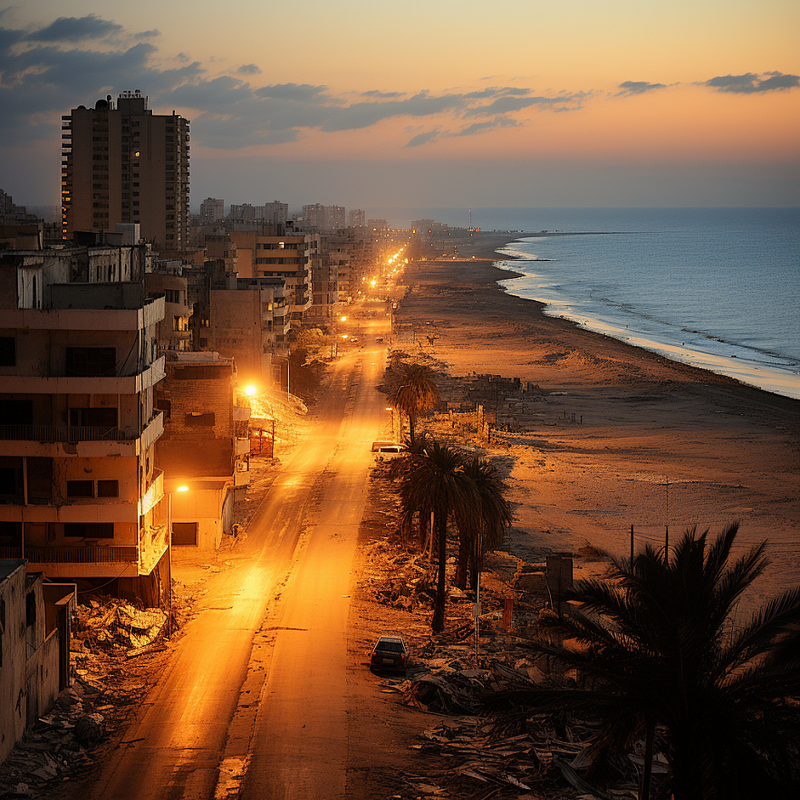The Uncertain Future of the Gaza Strip: Geopolitical Chess and Regional Interests

The Gaza Strip, a narrow piece of land along the Mediterranean coast, has been a hotbed of political, military, and humanitarian crises for decades. Tensions between Israel and the governing body in Gaza, primarily represented by Hamas, are ongoing and fraught.
In light of recent escalations( because of the Hamas terrorist attack in Israel on October 7, 2023), including the bombing of hospitals and targeting of Hamas leaders by Israel, there’s a swirling vortex of questions.
Will Israel capture the entire Gaza Strip?
Will Arab countries intervene?
Here, let’s unpack these questions in a nuanced, data-driven analysis.
Israel’s Stance:
Israel has maintained a stance of zero tolerance towards Hamas, which it considers a terrorist organization. Its strategic objective is to neutralize any threat emanating from the Gaza Strip.
Of course, Israel has proven willing to go to great lengths to achieve this, including air strikes and ground invasions.
However, a full-scale occupation comes with its own set of international legal and ethical dilemmas, which could further isolate Israel in the global community.
The Arab World’s Position:
While it’s tempting to think that Arab countries would readily support Hamas, the reality is far more complex. Geopolitical interests often supersede ideological or religious affinity.
Countries like Saudi Arabia and the UAE are more focused on Iran as a regional adversary and have even warmed up to Israel recently. Egypt, sharing a border with Gaza, has been deeply involved in mediating conflicts but also views Hamas with suspicion due to its affiliation with the Muslim Brotherhood.
International Involvement:
The role of other international powers can’t be ignored. The United States, a key ally of Israel, has recently been reevaluating its unconditional support but remains committed to Israel’s security.
European nations are caught in a diplomatic balancing act, expressing concern for Palestinian civilians while also condemning rocket attacks from Gaza.
Humanitarian Concerns:
Amidst the geopolitical chess, the humanitarian crisis in the Gaza Strip continues to worsen.
A full-scale invasion by Israel could lead to devastating consequences for the civilians caught in the crossfire. This could stir international condemnation and possibly force various nations to step in, either diplomatically or through sanctions.
Scenario Analysis:
- Israel Captures Gaza: Unlikely, given the high humanitarian and diplomatic costs.
- Arab Countries Intervene Militarily: Also unlikely, given their complex geopolitical interests and alliances.
- Diplomatic Resolution: The most likely scenario, albeit temporary, involves backchannel talks leading to a ceasefire(by the time most of the Hamas leaders are killed).
The situation in the Gaza Strip is fluid and fraught with unpredictability. While a full-scale Israeli occupation seems unlikely due to international repercussions, the humanitarian crisis continues to escalate.
Arab countries, despite their rhetoric, are unlikely to intervene directly but could play a significant role in diplomatic negotiations.
The best hope for immediate relief seems to lie in diplomatic efforts led by international mediators. However, these are often short-lived solutions to a deeply entrenched conflict.